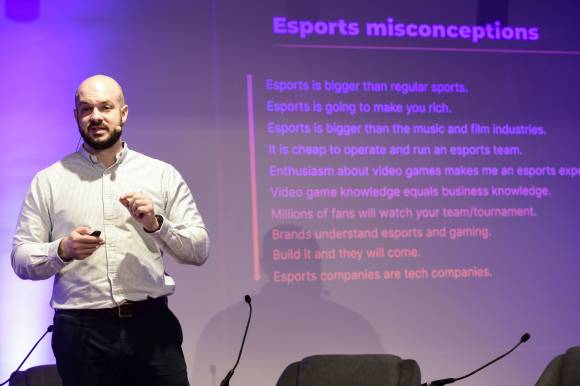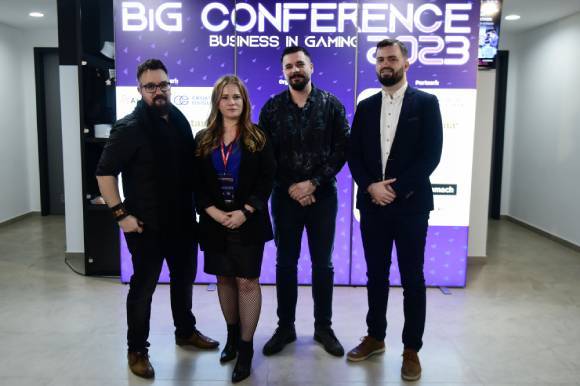“According to the Digital Croatia Strategy, the ICT industry should account for 13 percent of Croatia's GDP by 2032, and this share includes gaming. In order to reach this goal, it is necessary to focus on two key areas: attracting, developing and retaining professionals, and encouraging private investments through all competitive forms of tax relief”, Hrvoje Balen, founder and board member of the Algebra private university in Zagreb, said at the Business in Gaming Conference, organised by GameHub TV and Croatian news corporation Večernji list in Zagreb on 22 February 2023.
Hrvoje Balen also noted that a fundamental change on the market cannot be made without governmental support.
Only recently, the state has started incentivising the game industry: initially through sporadic small grants of the Ministry of Culture, and later through the Croatian Audiovisual Centre  (HAVC). In 2021, HAVC allocated the first 79,000 EUR for video game development, and the sum grew to 200,000 EUR in 2022.
(HAVC). In 2021, HAVC allocated the first 79,000 EUR for video game development, and the sum grew to 200,000 EUR in 2022.
However, 2023 will see a big increase in funding. “At the end of March 2023, through the National Plan for Recovery and Resilience, a budget of 33.2 m EUR for cultural and creative industries will be available, with participation up to 995,500 EUR per project. This means there will soon be a large budget for all cultural and creative industries, including video games,” Andrej Kovačević, artistic advisor for video games within HAVC, said at the conference.
In addition to numerous commercial courses for future game developers, the University of Zagreb is now preparing a fully accredited interdisciplinary study programme for the four most in-demand professions: game design, game art, game production and game programming. The foundations for the new state-funded study programmes have been set through the pilot project Edu4Games.
The global video game market is worth around 170 billion EUR and is the fastest growing industry in the world.




















